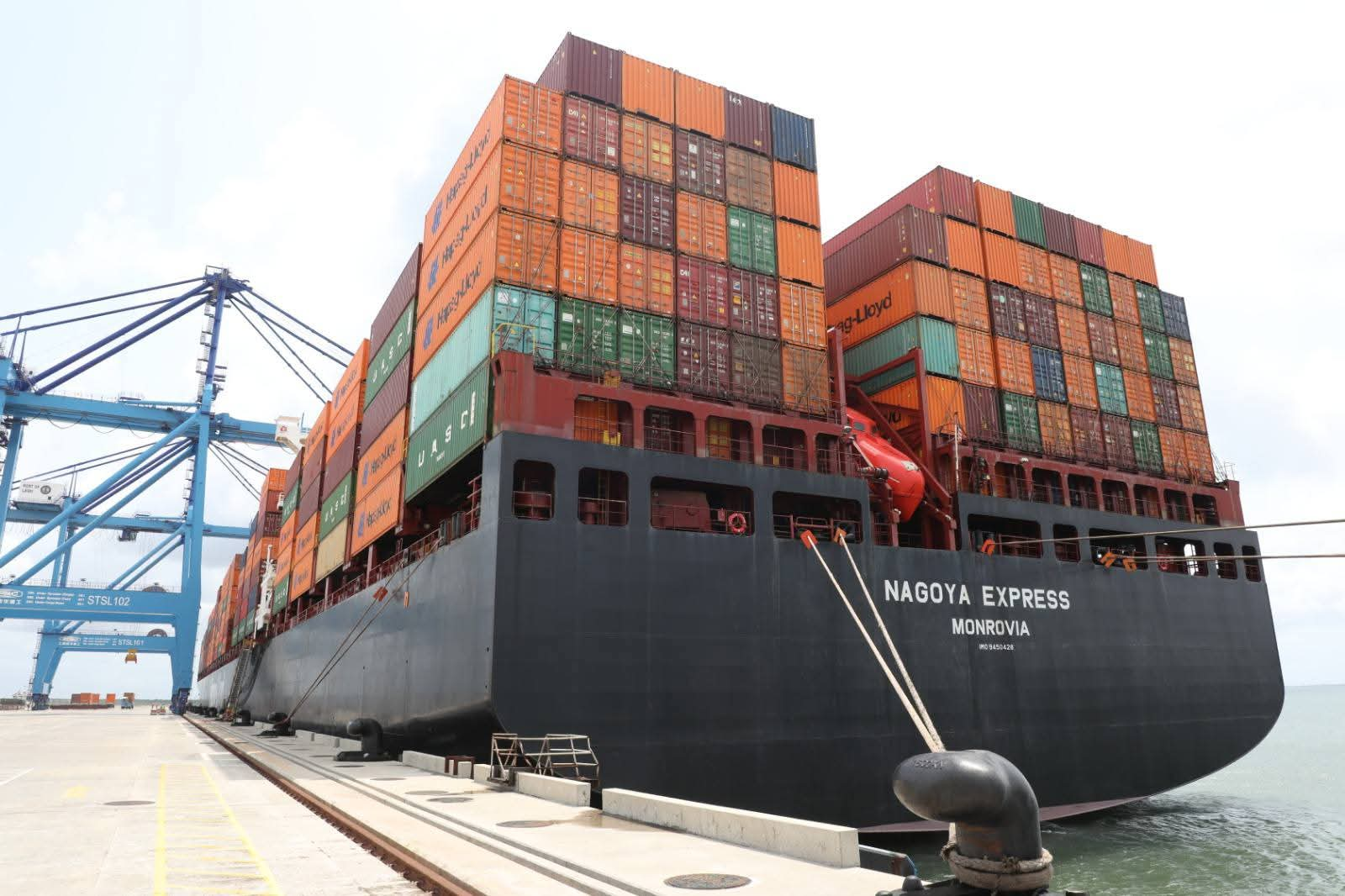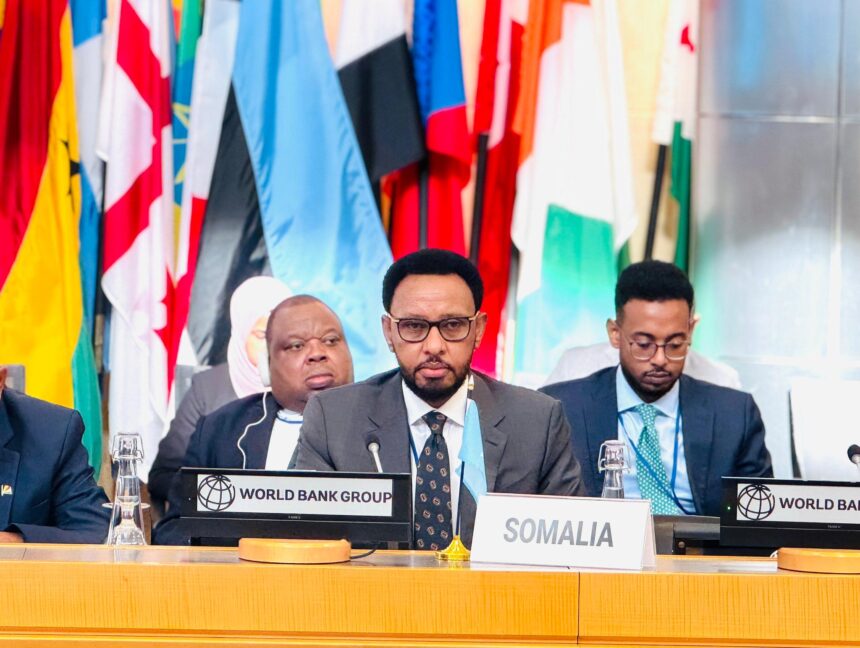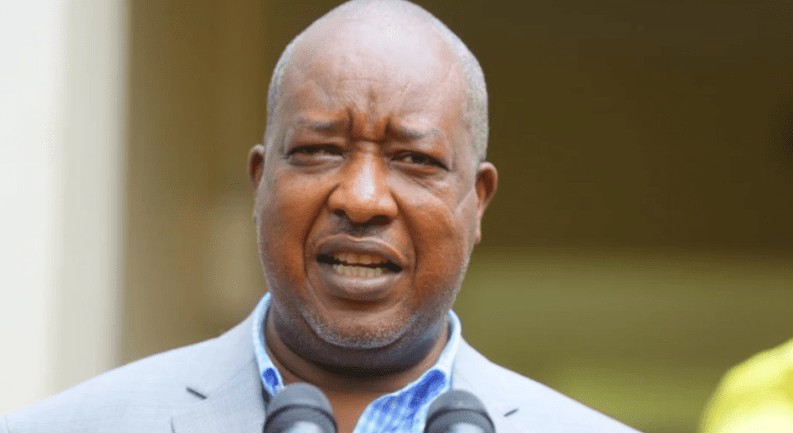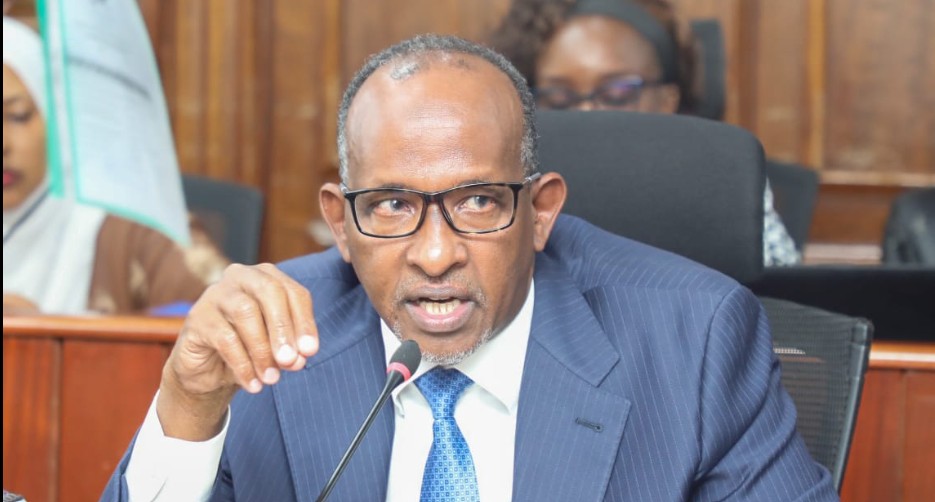Cholera death toll in Africa surpasses 2,400 as South Sudan, DRC, Angola and Sudan hardest hit
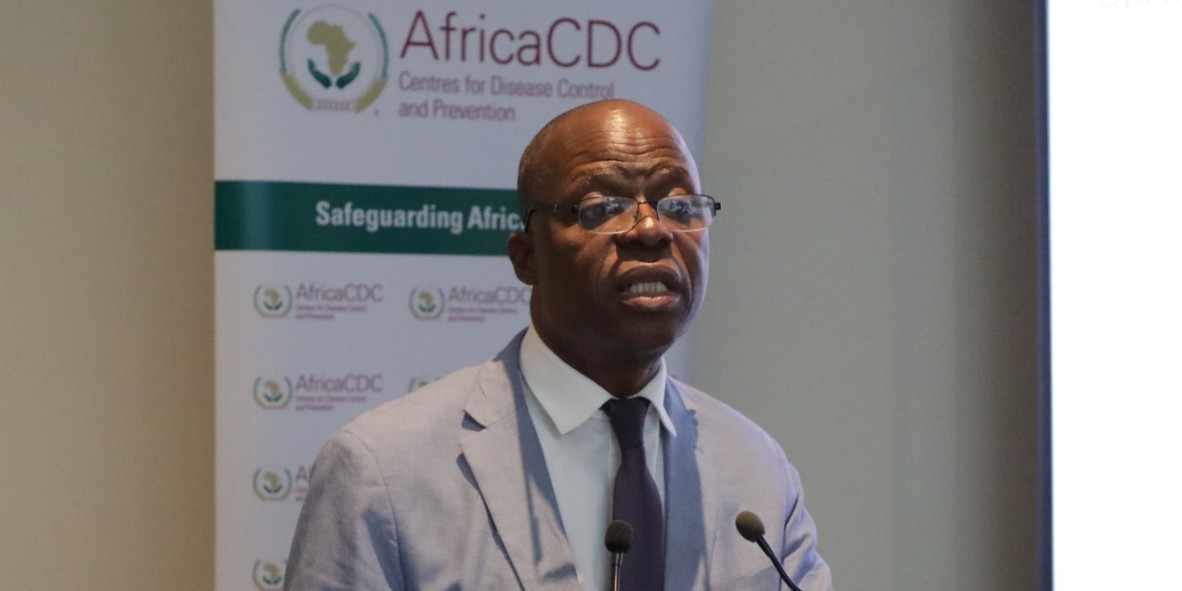
The Africa CDC announced that as of mid-May 2025, a total of 115,513 cholera cases and 2,424 deaths have been reported across the continent.
More than 2,400 people have died from cholera outbreaks across several African countries since the beginning of 2025, the Africa Centres for Disease Control and Prevention (Africa CDC) has revealed.
According to the agency, South Sudan, the Democratic Republic of the Congo (DRC), Angola, and Sudan are currently the hardest-hit countries, with South Sudan recording the highest number of cholera-related deaths at 848.
More To Read
- Gavi to channel vaccine funds directly to Kenya in major policy shift
- South Sudan health system on brink as conflict and cholera spread, MSF warns
- Gaza faces humanitarian disaster with thousands trapped in flooded camps
- Kilifi County reports increase in dog bites and rabies cases
- South Sudan on high alert as Marburg outbreak emerges across border in Ethiopia
- Ethiopia confirms Marburg virus disease outbreak, nine cases reported so far
The Africa CDC announced that as of mid-May 2025, a total of 115,513 cholera cases and 2,424 deaths have been reported across the continent.
Speaking during an online media briefing, deputy incident manager for mpox at the Africa CDC, Yap Boum II, described the cholera outbreaks in South Sudan, DRC, Angola, and Sudan as “severe.”
He noted that these four countries account for 84 per cent of all reported cholera cases and 92 per cent of the deaths this year.
“South Sudan has recorded the highest number of deaths at 848. Angola and the DRC have also experienced significant loss, with 609 and 513 deaths, respectively,” Boum said.
The Africa CDC has attributed the continued spread of cholera to the lack of access to clean and safe water, a challenge that has been further complicated by strained health systems in many African nations. The challenges persist even as the continent faces other disease outbreaks and public health emergencies.
According to Boum, “A coordinated regional and continental response is urgently needed to control the spread of cholera outbreaks across Africa.”
Efforts to contain the epidemic are being discussed in the context of lessons learned from previous disease outbreaks, particularly mpox, which the Africa CDC now considers largely under control due to collaborative response mechanisms.
Response strategies
Principal Advisor to the Africa CDC Director General, Dr Ngashi Ngongo, confirmed that the same strategies used in the mpox response will now be deployed against cholera.
“Lessons learned from the mpox response, especially the need for close collaboration with other partners, will now be applied to fighting cholera,” he said.
UNICEF reports that from January 2024 to March 2025, over 178,000 cholera cases have been confirmed across 16 countries in eastern and southern Africa, leading to more than 1,600 deaths. These countries include Kenya, Angola, the DRC, South Sudan, Sudan, Ethiopia, Ghana, Malawi, Mozambique, Namibia, Nigeria, Rwanda, Uganda, Zambia, and Zimbabwe.
Of these, Angola, DRC, South Sudan, and Sudan account for over 90 per cent of the reported cases, with conflict identified as a major contributing factor.
Africa CDC said it is now looking to replicate the success of its mpox response through the Incident Management Support Team (IMST), a structure jointly led with the World Health Organisation (WHO) and involving 26 other partners including UNICEF, the International Committee of the Red Cross, and Gavi, the Vaccine Alliance.
Coordinated approach
Under Ngongo’s leadership as incident manager, the IMST has been praised for its coordinated approach to managing complex disease outbreaks.
“We’ve shifted toward an integrated strategy that also includes the care of measles and chickenpox,” he noted, referencing the interconnected approach now being applied across multiple disease fronts.
“We are now strengthening the key pillars like surveillance and laboratory, to make sure that we have enough capacity on the continent to also address other ongoing outbreaks. A very good example is the evolution of the current IMST, which is being expanded very soon to also take care of the ongoing cholera outbreak.”
Despite the coordinated efforts, public health experts argue that addressing cholera at its roots, through the improvement of water quality, sanitation, and hygiene, is essential.
Conflict and insecurity also remain significant barriers to progress in many affected areas.
In addition, Ngongo called for a stronger African pooled procurement mechanism to ensure local production of cholera vaccines, which have been in short supply in recent years.
Top Stories Today


